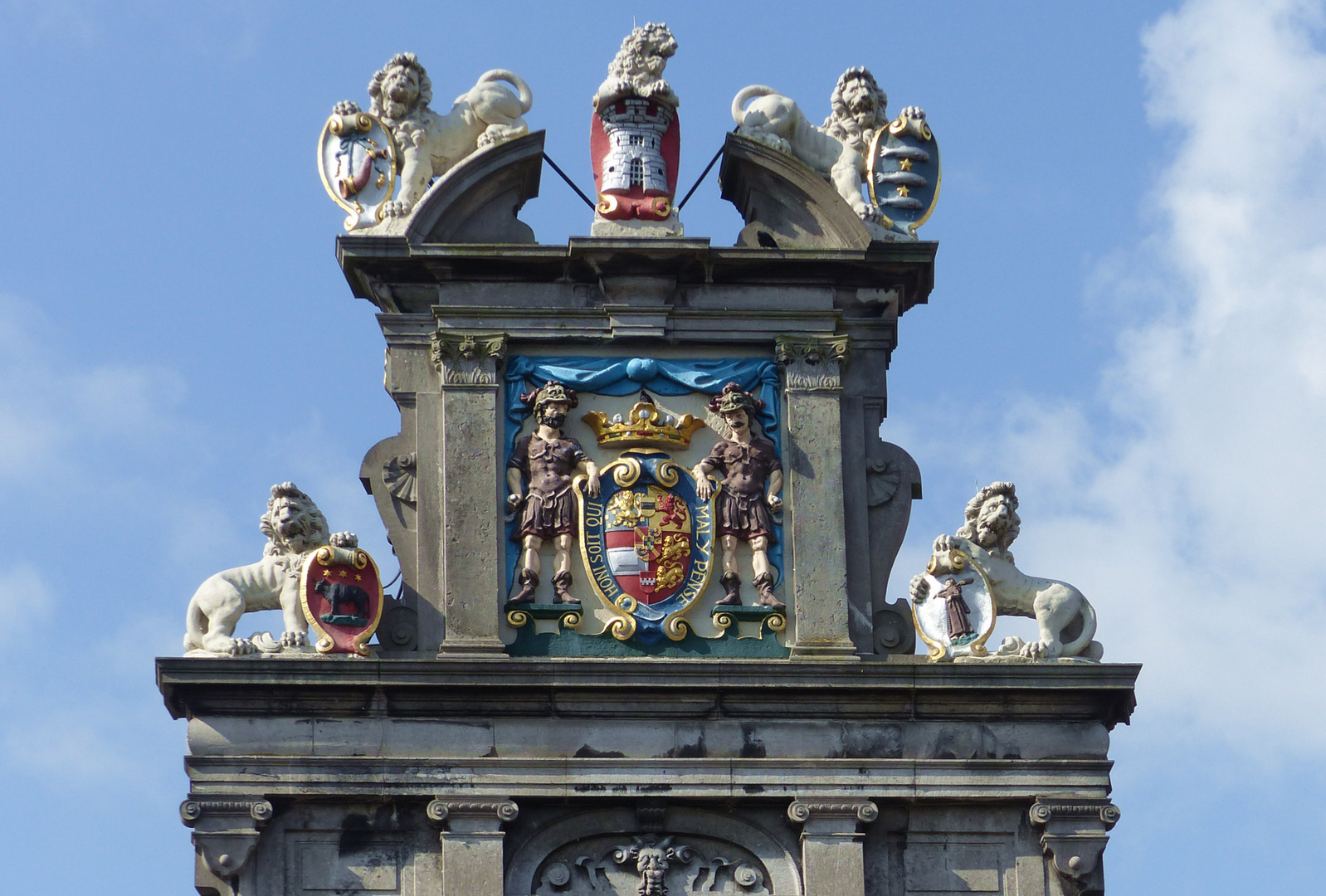Honi Soit Qui Mal Y Pense | In current french usage, the phrase may be used ironically to insinuate the presence of a hidden agenda or a conflict of interest. Maybe you would like to learn more about one of these? We did not find results for: Honi soit qui mal y pense is a middle french maxim, meaning shamed be whoever thinks ill of it, usually translated as shame on anyone who thinks evil of it and used as the motto of the british chivalric order of the garter. Check spelling or type a new query.
We did not find results for: Maybe you would like to learn more about one of these? Check spelling or type a new query. Honi soit qui mal y pense is a middle french maxim, meaning shamed be whoever thinks ill of it, usually translated as shame on anyone who thinks evil of it and used as the motto of the british chivalric order of the garter. Honi soit qui mal y pense.

Honi soit qui mal y pense. We did not find results for: In current french usage, the phrase may be used ironically to insinuate the presence of a hidden agenda or a conflict of interest. Maybe you would like to learn more about one of these? Honi soit qui mal y pense is a middle french maxim, meaning shamed be whoever thinks ill of it, usually translated as shame on anyone who thinks evil of it and used as the motto of the british chivalric order of the garter. Check spelling or type a new query.
Maybe you would like to learn more about one of these? We did not find results for: Honi soit qui mal y pense is a middle french maxim, meaning shamed be whoever thinks ill of it, usually translated as shame on anyone who thinks evil of it and used as the motto of the british chivalric order of the garter. Check spelling or type a new query. In current french usage, the phrase may be used ironically to insinuate the presence of a hidden agenda or a conflict of interest.

Honi soit qui mal y pense. Honi soit qui mal y pense is a middle french maxim, meaning shamed be whoever thinks ill of it, usually translated as shame on anyone who thinks evil of it and used as the motto of the british chivalric order of the garter. Maybe you would like to learn more about one of these? We did not find results for: Check spelling or type a new query. In current french usage, the phrase may be used ironically to insinuate the presence of a hidden agenda or a conflict of interest.
Maybe you would like to learn more about one of these? In current french usage, the phrase may be used ironically to insinuate the presence of a hidden agenda or a conflict of interest. Honi soit qui mal y pense is a middle french maxim, meaning shamed be whoever thinks ill of it, usually translated as shame on anyone who thinks evil of it and used as the motto of the british chivalric order of the garter. Honi soit qui mal y pense. We did not find results for:
In current french usage, the phrase may be used ironically to insinuate the presence of a hidden agenda or a conflict of interest. Maybe you would like to learn more about one of these? Honi soit qui mal y pense is a middle french maxim, meaning shamed be whoever thinks ill of it, usually translated as shame on anyone who thinks evil of it and used as the motto of the british chivalric order of the garter. Honi soit qui mal y pense. We did not find results for: Check spelling or type a new query.
Honi Soit Qui Mal Y Pense! Honi soit qui mal y pense.
No comments
Post a Comment